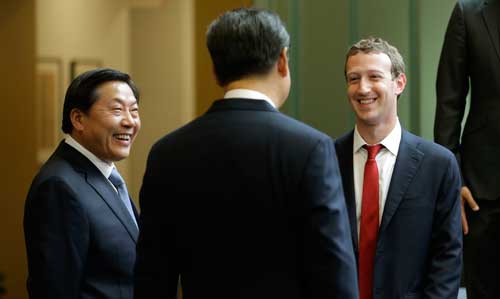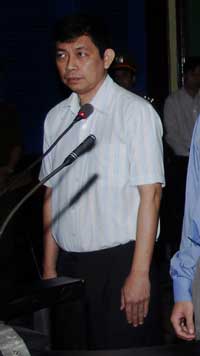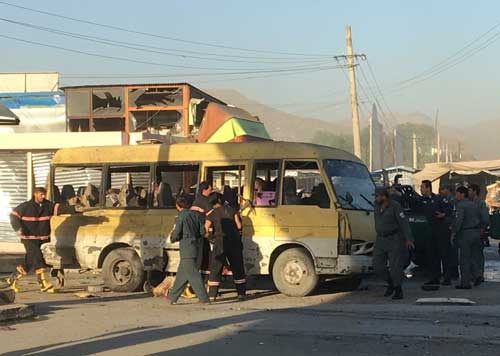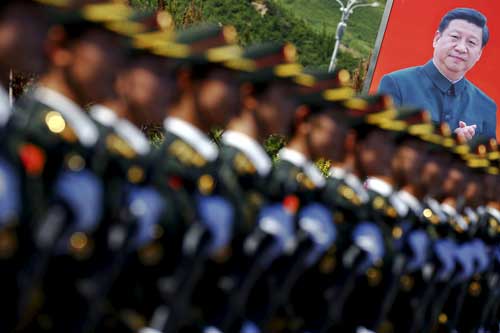Asia
2016

China shuts down internet reporting as Xi’s sensitivity begins to resemble lèse-majesté
On July 1, popular internet portal Tencent, in its original news reporting section, published an article on a speech that President Xi Jinping gave the same day at a conference celebrating the 95th anniversary of the founding of the Chinese Communist Party. One line of the article read, “Xi Jinping outburst an important speech.” To…

China’s information and internet controls will only tighten under Xu Lin
When the new director of the Cyberspace Administration of China, Xu Lin, issued on July 3 a warning that websites not report unverified content drawn from social media without facing possible punishment, it was clear that Beijing would move quickly beyond the Lu Wei era of information control. The announcement demanded that news websites provide…

Mongolian election unlikely to advance press freedom
During a visit to Mongolia this month, U.S. Secretary of State John Kerry hailed the country as “an oasis of democracy.” Mongolia, sandwiched between powerful autocratic neighbors Russia and China, underwent democratic transition in 1990 when it broke away from Soviet rule, and has since held several elections characterized by the Asia Foundation as “reasonably…

Vietnamese jailed blogger moved to distant province, wages hunger strike
On May 7, my uncle, imprisoned Vietnamese blogger Tran Huynh Duy Thuc, was unexpectedly moved from the Xuyen Moc prison camp situated near our family in Ho Chi Minh City to another detention facility about 1,500 kilometers away known as Camp No. 6 in central Nghe An province. His family was not informed in advance…

By now, Afghan authorities should know media are not the enemy
Several journalists in Kabul–the exact number is unclear–were beaten, harassed, and kept from working by security forces when they rushed to cover a suicide bombing on Monday that killed 14 people and wounded more than eight. In an email message, the Afghan Journalists Safety Committee (AJSC), an organization with which we work closely, said when…
Sri Lankan journalist Freddy Gamage back in hospital, still under threat
Back on June 3, we called for “a thorough investigation into an attack” on Freddy Gamage, a muckraking editor and blogger for Meepura.com (and in Sinhala). At the time, the government promised on its official website that it “would never again allow media suppression, which prevailed during the past, to reoccur.” Prime Mister Ranil Wickremesinghe…
Bangladesh should take urgent steps to protect freedom of expression
The U.N. Human Rights Council will convene in Geneva for its next session today. Ahead of this meeting, international groups working on press freedom and freedom of expression, including the Committee to Protect Journalists, made a joint submission to the council calling for urgent and concrete steps to reverse the deteriorating climate for free expression…

In China, more journalists–even former ones–vulnerable to government wrath
Most of the journalists imprisoned in China reported or commented on issues that the Chinese government finds threatening to its rule. They were likely aware that their work could invoke the wrath of the Chinese Communist Party at any time, but still choose to go ahead for the sake of truth and the public interest.…

Abe administration throttles media independence, journalists and UN say
Late in 2015, the Japanese government asked David Kaye, the U.N. special rapporteur on the right to freedom of opinion and expression, to reschedule a visit planned for December. At the time, some news outlets speculated that the administration of Prime Minister Shinzo Abe, under criticism for rising threats to free expression, was trying to…